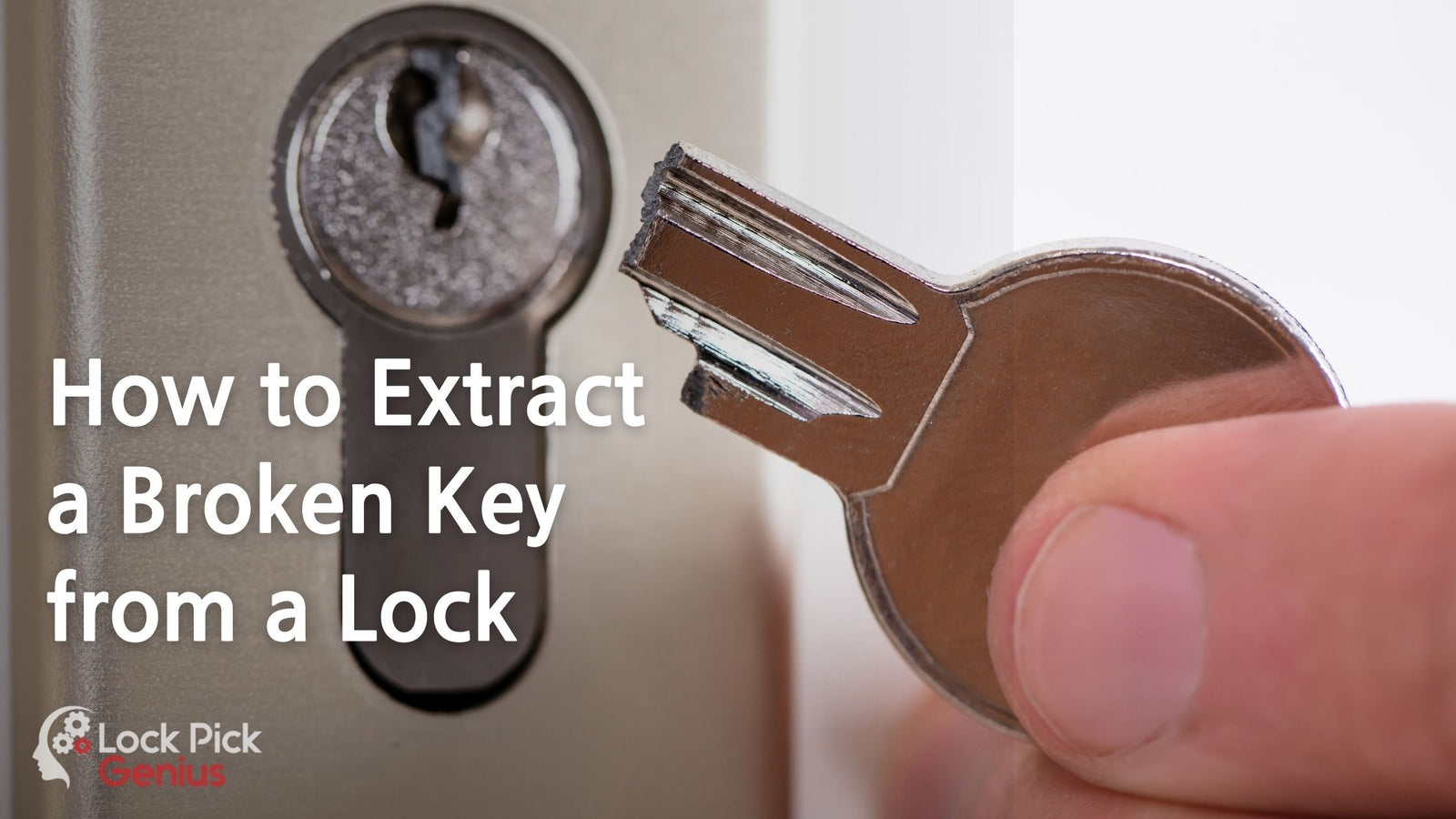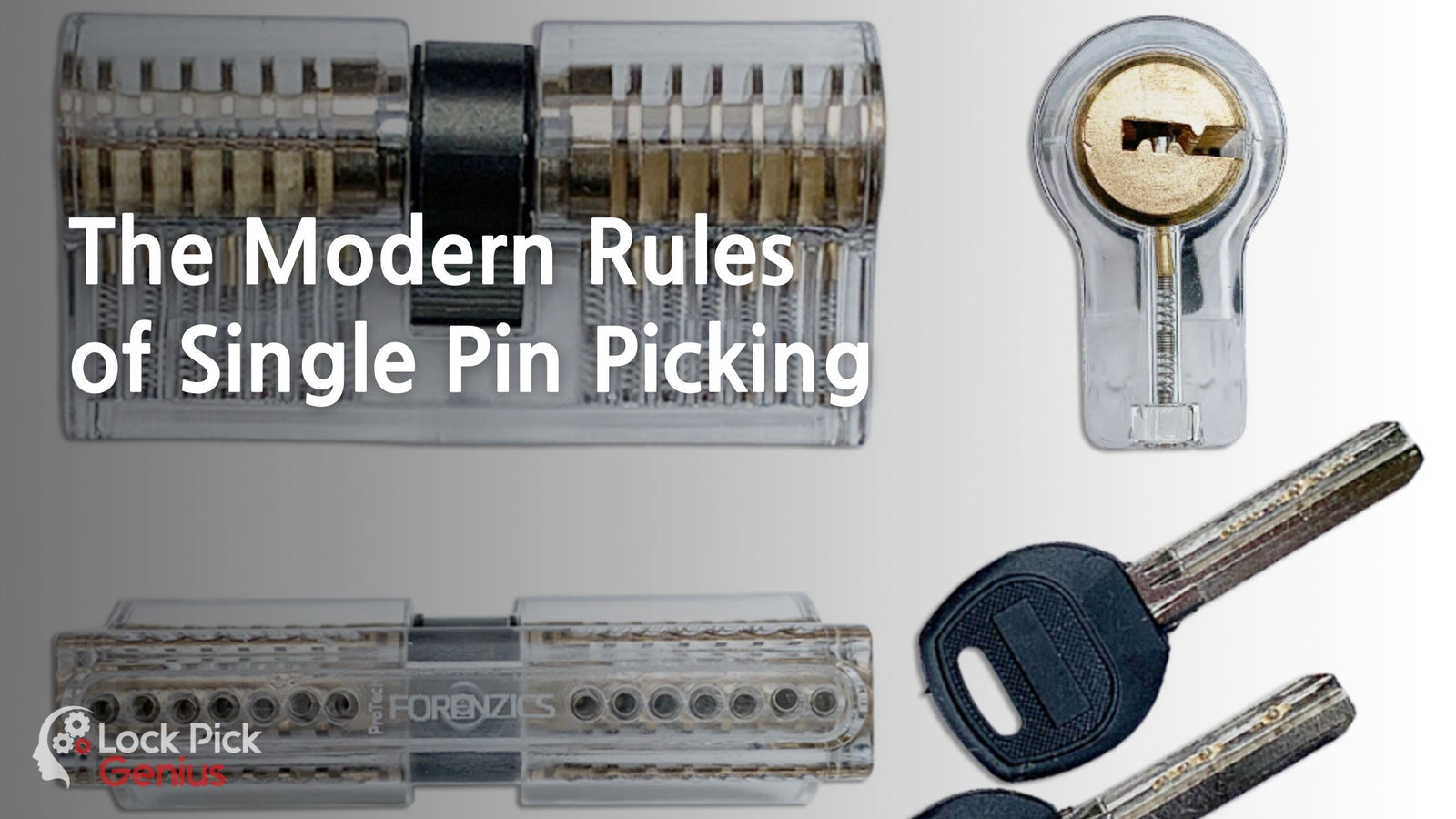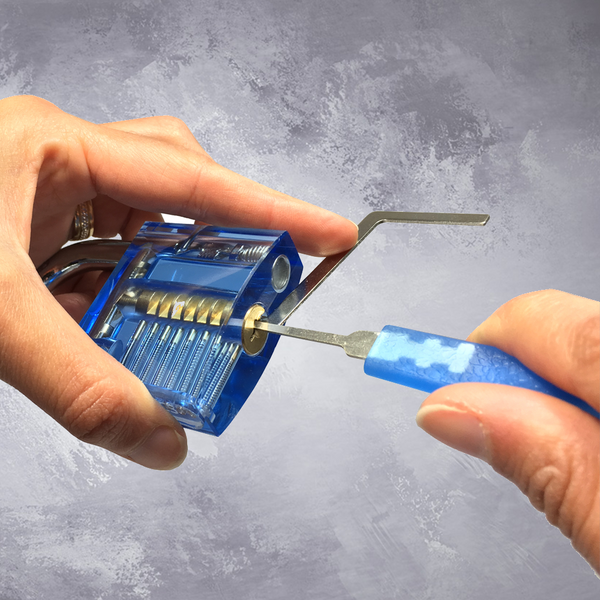Your Cart is Empty

Nowadays, when we think of picking locks, we think of either burglaries or criminal activities, or spy movies. (Or, perhaps, we think about how useful that knowledge would be if one is accidentally locked out of one’s home or car.)
But lockpicking has been a highly-skilled art for centuries—much like lockmaking itself. In modern times, we tend to encounter locks as hardware items, or sometimes as items installed by locksmiths—ie, people who only work on locks. But for hundreds of years, the ability to make, understand, and foil locks was considered a major part of many skilled trades. You couldn’t be a blacksmith or a silversmith if you didn’t have that knowledge; nor a groundskeeper; and it was considered an essential piece of many mechanical trades, as well as in engineering.
That’s because locks aren’t simply about keeping something closed up, and opening them isn’t simply about getting to the other side of whatever the lock protects. Those are important practical values, but for literally hundreds of years, humans have realized that understanding how to pick a lock is one of the most important ways to improve one’s mind.
For one thing, it requires three-dimensional thinking. Can you visualize an object in your mind? If you can, unless you’ve got special training, it’s most likely that you visualize something two-dimensional, like a picture or a photograph. It’s very seldom that we can conceptualize something in three dimensions. Lockpicking helps open the neural pathways needed to gain that kind of perception, and it does so through a neat little trick: rather than forcing you to “see” all three parts of something, you can see (or, when you get good enough, just feel) the outside of the lock, and get a sense for where the tumblers (the actual locking mechanisms) lie.
Because you’re able to use your fingers, and muscle memory, you don’t need to spend years developing new techniques of internal imaging. But because you’re essentially creating a conduit between your tactile senses and your internal conceptualization, you’re learning to think in three dimensions.
That’s huge! Consider how many problems and challenges become easier when your mind begins to be trained to sense and wrap itself around situations, not just from a standard point of view, but with depth and cognition. Sherlock Holmes’ admonishment to Watson was, “You see, but you do not observe”—meaning that he felt Watson, like most people, could take in a situation, but not fully appreciate its possibilities.
As you learn to pick locks, as you gain that valuable, physical skill, you get something else really important: you begin to train your mind to think more deeply, to take in more information, and to see more sides to a situation, concept, or circumstance. It’s major, and it’s—quite literally—at your fingertips!
So the next time you have a chance to consider a lockpicking problem, reward yourself with the knowledge that you’re not just doing something fun, not just doing something interesting, not just doing something that’s a unique and useful skill—you’re also stimulating and adapting your brain to be more adroit, better at problem-solving, better at interweaving neural pathways to cross from one side of the brain to the other. You’re getting better at thinking. And that’s priceless.
https://lockpickgenius.com/pages/shop-all-products
Comments will be approved before showing up.


Be the first to know about lockpicking tips and upcoming sales and promos. Get a 10% discount coupon when you subscribe!

Sign up to get special offers, Tips, News and Great deals